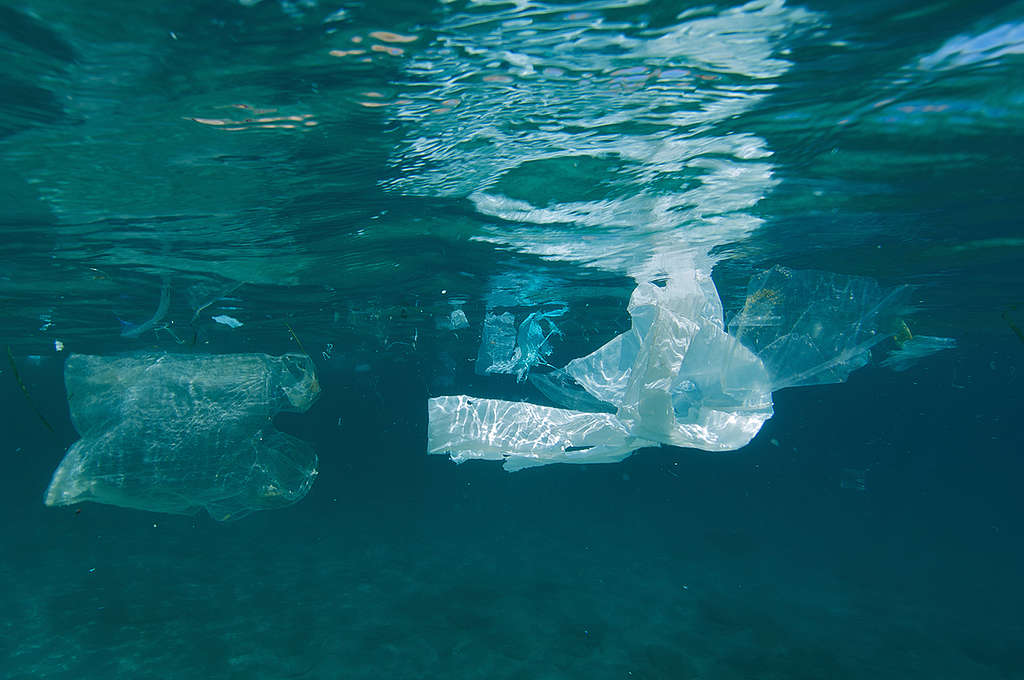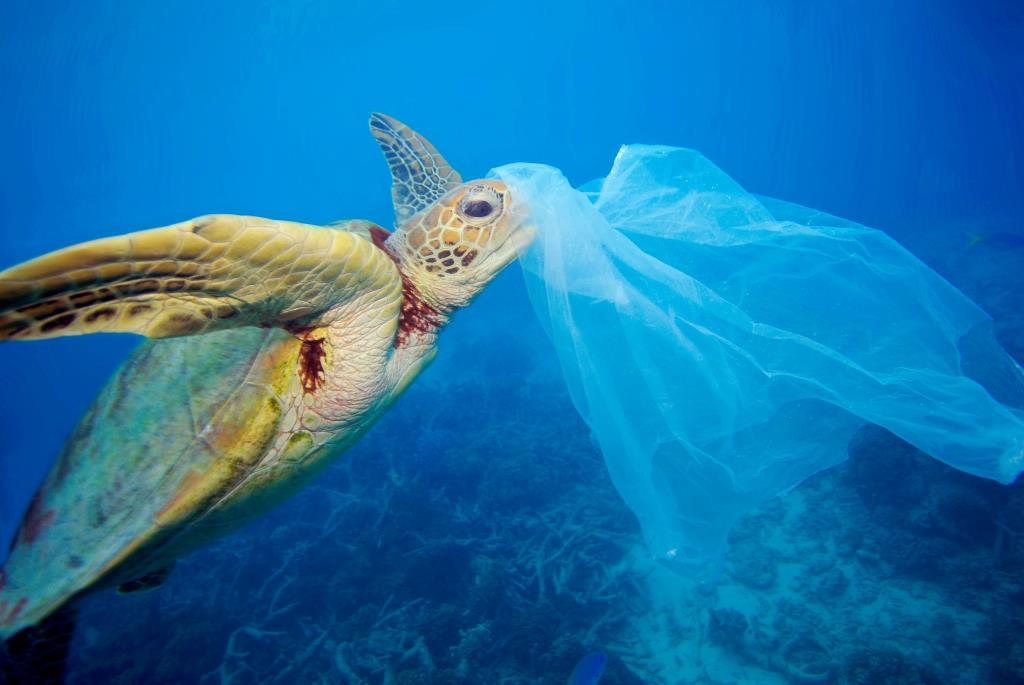The Fiji Times
18 April 2022
The Consumer Council of Fiji stressed there are many practical ways to recycle plastics as statistics showed up to 12.7 million tonnes of plastic enter the ocean every year

Plastic pushed into a small bay floats just beneath the surface.
About 8.3 billion tonnes of plastics have been produced since the 1950s, according to Greenpeace.
However, only 9 percent of these plastics have been recycled, 12 percent have been burned and the remaining 79 percent have ended up in landfills or the environment.
The Consumer Council of Fiji (CCF) highlighted these statistics while stressing there were many practical ways to recycle plastics.
“Up to 12.7 million tonnes of plastic enters the ocean every year — that is equivalent to a truckload of plastic entering the ocean every minute,” CCF said in a statement.
The CCF said on a more positive note, of late more people were beginning to recognise the importance of recycling plastics.
“Through recycling plastic, we reduce the need of producing more as this would require energy, petroleum, and water compared with producing products through recycling.
“If residential and commercial properties made it a priority to recycle their plastics, the need for natural resources and energy will substantially reduce.
“This reduction can help reduce high levels of carbon dioxide in the environment and can also stop energy companies from overusing natural resources.”
CCF said data from “This is Plastics” — a site dedicated to helping influence change in how plastics were used indicated when recycled plastics were used to make new plastic products, “we conserve more than materials”.
“We can reduce energy usage by 66 percent. Plus, for every one tonne of plastic we recycle, we save the equivalent of 1000–2000 gallons of fuel used to produce the same product without recycled plastics.
“The more we recycle, the greater our positive impact can be. When it comes to recycled plastic bottles, a small number actually become plastic bottles again.
“More often, they are used to make car parts, clothing, shows, and pens to name a few.”

Green sea turtle (Chelonia mydas) with a plastic bag, Moore Reef, Great Barrier Reef, Australia. The bag was removed by the photographer before the turtle had a chance to eat it.
CCF said there were many practical ways to recycle plastics.
“This would include reusing containers for storage like food and spices, transforming used bottles for pot plants or even for decorations.
“Reuse soda bottles by creating a vertical garden. For consumers with a lack of space to plant, making vertically stringed pot plants can be the solution to their problems.
“Consumers can make a great difference in choosing to recycle or up-cycle plastic waste.
“When thinking of how to recycle plastic in homes, consumers can employ creativity and that even includes kids as part of projects to help instil recycling habits.”
CCF said one of the main reasons recycling plastics was important for businesses was the fact it was a simple way to save money and improve company turnover.
“Recycling programs can create cost avoidance and better yet, saves funding for other sustainable initiatives.
“When companies make sustainable choices and implement recycling plastic programs, they have the potential to sell their recyclable waste for alternative uses thus earning back money that was used to finance the programme and, in most cases, generate even more.”
CCF said as recycling technology continued to make advancements – metals, plastics, and glass would become more precious as the cost of materials was expected to continue to increase.
This story was written by Meli Laddpeter, originally published at The Fiji Times on 14 April 2022, reposted via PACNEWS.
No comments:
Post a Comment